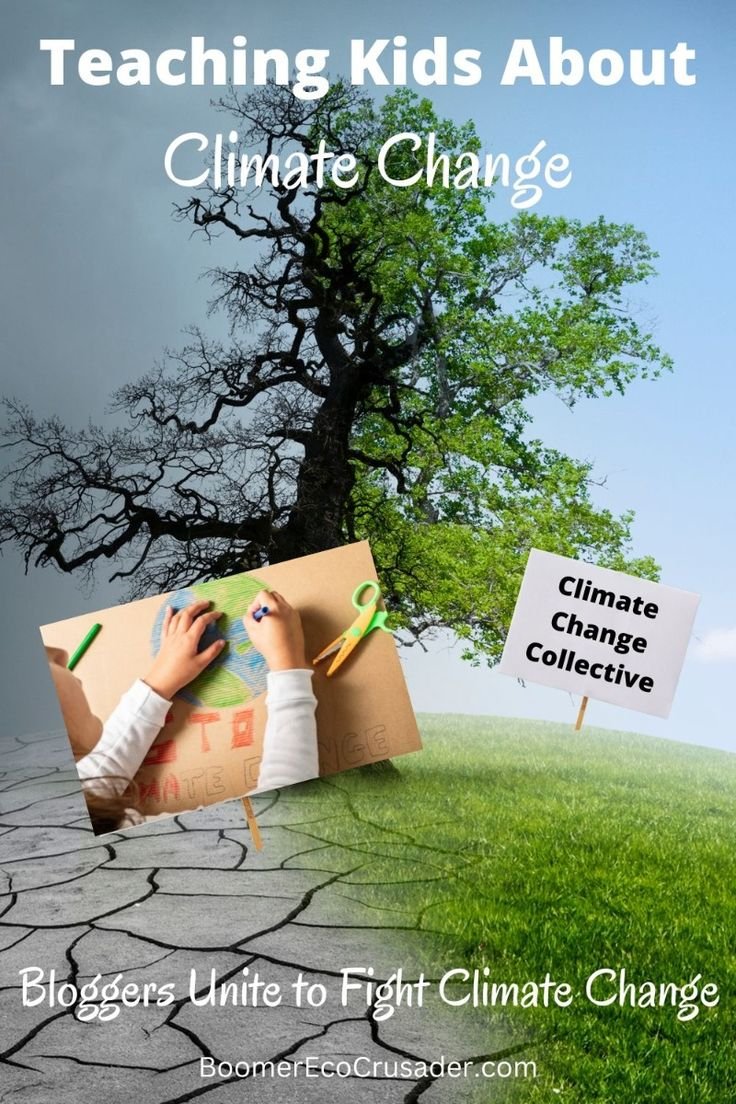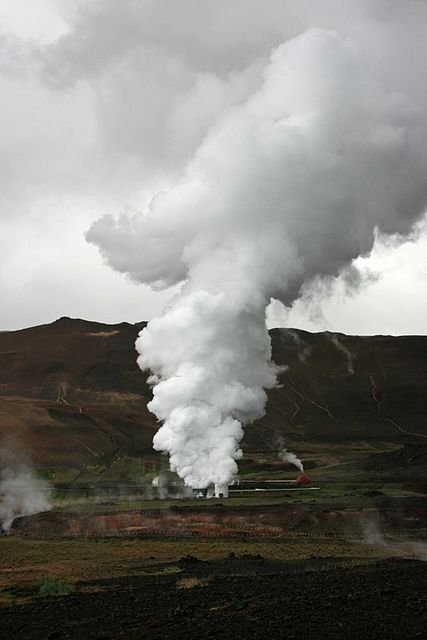Global challenges continue to intensify in 2025, testing the resilience and collaboration of nations worldwide. Climate change, geopolitical tensions, and the need for international cooperation dominate this year’s agenda. Each issue is deeply interconnected, creating ripple effects that impact economies, ecosystems, and societies. This article explores these pressing challenges while highlighting ongoing developments and the urgent need for coordinated solutions.
Climate Change Accelerates at Pace
The effects of climate change in 2025 are more visible than ever, with extreme weather events, biodiversity loss, and rising sea levels severely straining global systems. Recent data from climate organizations highlights alarming trends that demand immediate action.
Record-Breaking Heat and Weather Disruptions
This year has seen unprecedented heatwaves across Europe, Asia, and North America, with temperatures exceeding 120°F in some regions. Such extremes are not isolated events. They are part of a broader pattern tied to global warming, amplified by human activities. Additionally, heavier rainfall and prolonged droughts have disrupted agriculture and water supplies, threatening the livelihoods of millions.
- Key Insight: Food security is becoming a critical issue. A report from the UN indicates that prolonged drought in Sub-Saharan Africa has reduced cereal crop yields by nearly 40% compared to the previous decade.
Melting Ice and Rising Seas
Glaciers in Antarctica are melting at rates faster than previous models predicted. Coastal communities globally face severe flooding risks, with countries like Bangladesh and small island nations experiencing devastating impacts.
Global Response and Gaps
While renewable energy adoption continues to grow, fossil fuel reliance remains a hurdle. Major economies are investing in green technologies, yet progress is uneven. Developing nations require financial and technological aid to transition effectively, underscoring the need for equitable climate policies.
Collaborative action isn’t optional—it’s essential. The success of global initiatives like the Paris Agreement depends on unwavering commitment and accountability from all parties.
Rising Geopolitical Tensions
The geopolitical landscape in 2025 is more precarious than in previous years. Conflicts in key regions not only destabilize nations but also hinder global progress on critical issues like climate action and economic stability.
Escalation in the Asia-Pacific
The Asia-Pacific region faces heightened tensions as territorial disputes and shifting alliances drive uncertainty. The South China Sea remains contested, creating flashpoints between major powers.
- Recent Development: Military build-ups in key areas further strain diplomatic relations. Meanwhile, trade disputes between the world’s largest economies exacerbate economic instability, challenging global supply chains.
Conflicts in Eastern Europe and Africa
Lingering conflicts in Eastern Europe have drawn international focus, acting as a litmus test for collective diplomacy. Prolonged instability disrupts energy supply lines and raises concerns regarding weapon proliferation. Similarly, armed conflicts in parts of Africa, fueled by resource competition and governance challenges, uproot millions, creating large refugee flows.
The Role of Economic Pressures
Economic inequality fuels discontent. Rising inflation, uneven post-pandemic recovery, and fragmented policies strain relations among countries, making resolutions more complex.
Cooperation as a Solution—and a Challenge
Despite these hurdles, opportunities for collective progress exist. Cooperation between nations, institutions, and communities is the linchpin for addressing these intertwined problems.
Global Agreements in Focus
Collaborative frameworks like the COP climate summits and international trade coalitions mark steps toward unity. However, their effectiveness depends on member nations honoring commitments.
- Breakthrough Example: This year, multilateral trade agreements have been restructured to include environmental compliance mandates. These new provisions aim to balance growth with sustainability.
Technology and Partnership
Technology plays a vital role in fostering cooperation. AI-driven modeling helps predict climate impacts, guiding disaster-preparedness efforts. Similarly, blockchain technology ensures greater transparency in resource allocation during humanitarian crises.
Grassroots Movements
Communities worldwide are stepping up where governments falter. From youth-led climate movements to local peace-building initiatives, grassroots efforts amplify the call for action.
Actionable Steps for Cooperation
- Strengthening International Institutions: Organizations like the United Nations must receive consistent resource support to mediate and facilitate cooperative platforms.
- Encouraging Innovation: Investment in renewable energy, food security technologies, and climate resilience tools provides long-term solutions.
- Fostering Public-Private Partnerships: Collaboration between businesses and governments can scale impact by funding critical sustainability and humanitarian projects.
Interconnectedness Demands Integrated Solutions
Climate change and conflict do not exist in isolation; they are deeply intertwined. Resource scarcity, displacement, and environmental degradation create feedback loops that exacerbate each crisis. International cooperation is the common thread that can address these challenges holistically while bridging divides.
For example:
- Drought-induced crop failures trigger migration, which can lead to resource competition and conflict.
- Resolving such crises requires climate solutions alongside humanitarian aid and governance frameworks.
This interconnectedness underlines the imperative for a unified approach, underscored by shared accountability and mutual benefit.
Closing Thoughts
The global challenges of 2025—from escalating climate impacts to geopolitical tensions—require more than isolated solutions. Prioritizing cooperation and innovation is critical to navigating this turbulent era. Governments, businesses, and individuals must act in concert to foster resilience, uphold sustainability, and build a more inclusive future. When responsibility is shared, solutions become achievable and the global community emerges stronger.




